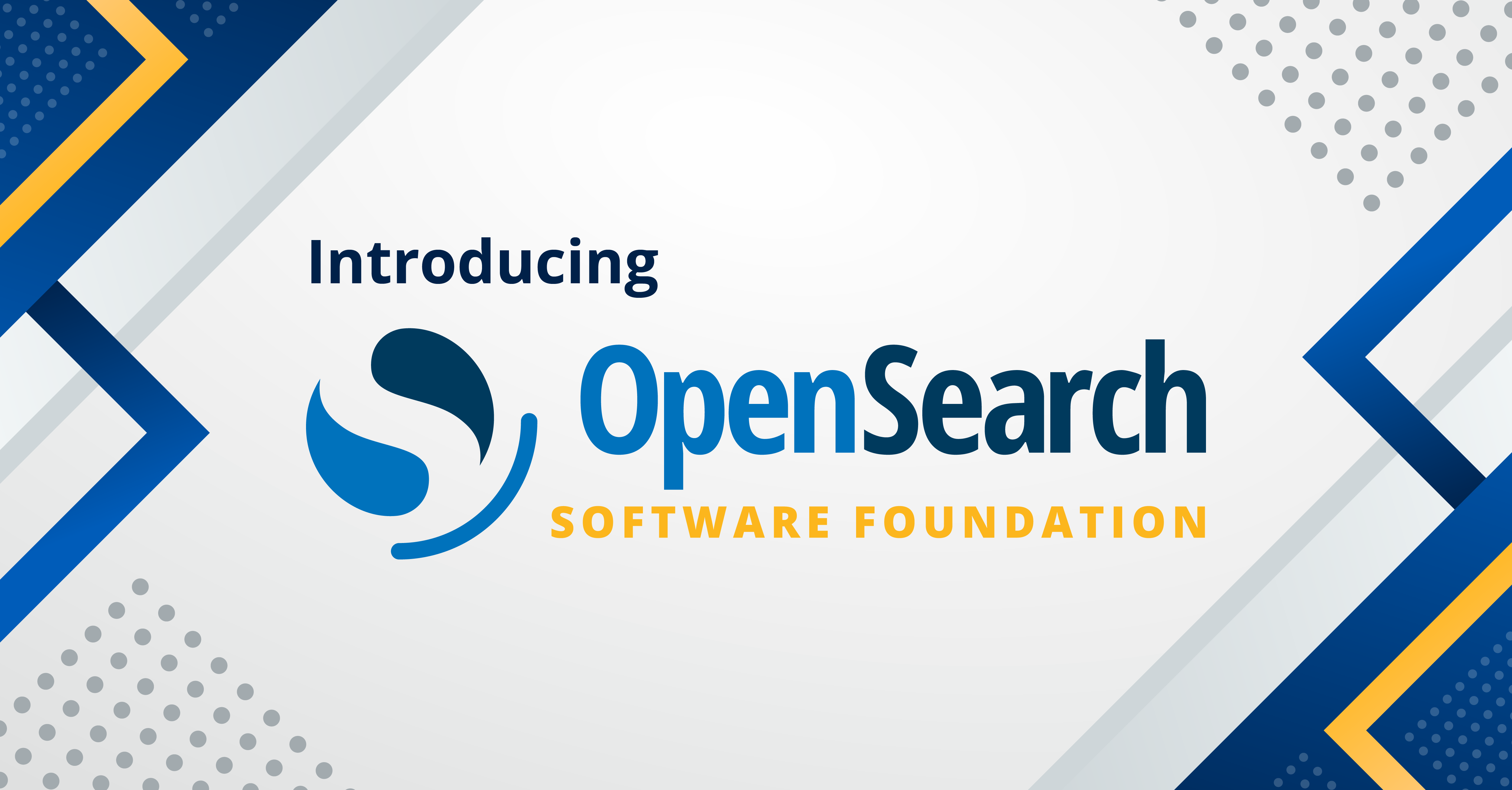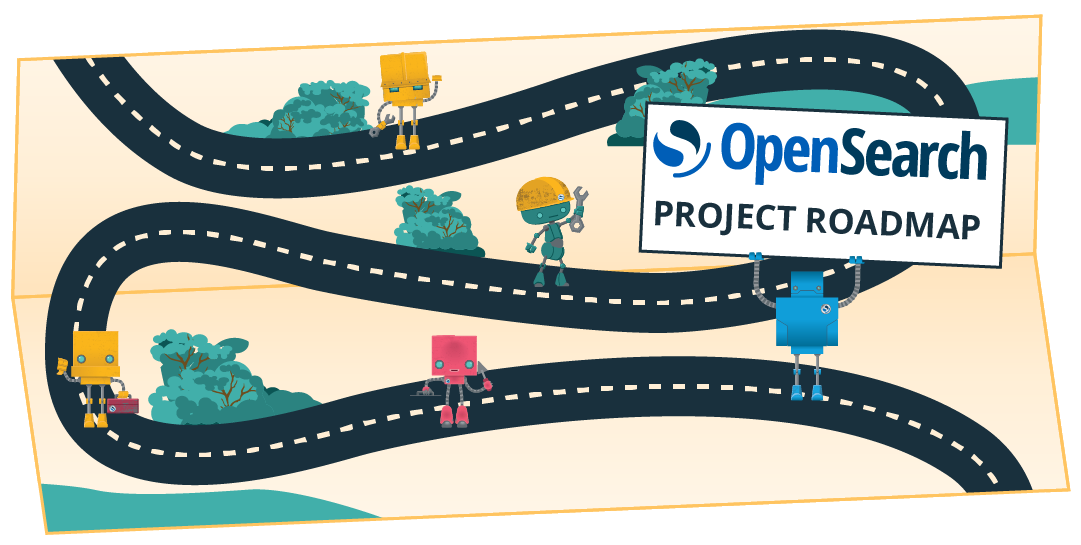Using community insights to create a persona framework to improve search experiences
As the OpenSearch Project began user experience (UX) research, clarifying the persona framework was essential. Using a goals-based approach, we defined the search user, user flows, and user dependencies. In prior studies, the OpenSearch community validated four OpenSearch core user types. In this research study, we focused on producers of search solutions. This blog post explains more about our study approach and learnings.
For UX designers, crafting curated experiences hinges on comprehending the user and their requirements. This is especially critical for users of search solutions. Fundamental details such as user identity and objectives play a crucial role in designing user-centric interfaces. This is where personas are beneficial.
Personas are fictional characters representative of your users and are inspired by conversations with users and grounded in contextual inquiry. Persona definitions can be user segmentation based, role based, or goal based.
A segmentation-based persona is rooted in product markets. This approach classifies users into distinct groups, or segments, based on shared characteristics of different market segments.
A role-based approach highlights diverse domain specializations, such as high code or strategic business decision-making, that can be expected from a search and analytics user. Domain expertise can be a good indicator of the amount of UX assistance a user might need when they interact with the software. This approach centers on tasks to be accomplished and UX pain points.
A goal-based approach considers jobs to be done (JTBD), a framework that provides an understanding of users’ needs and motivations at different stages of their journey with the product. This analysis aids in defining the user’s path toward achieving their goals while using the software. Thus, this approach focuses on user goals and objectives. The benefit of this approach is that it provides a foundation for curated experiences that can evolve harmoniously across industry segments without compromising UX and dependencies.
Research study overview
The OpenSearch Project generally requests community participation in UX research through deep-dive sessions. For this study, we recruited search users and experts from the 2023 Haystack Conference. In the deep-dive sessions with these users, we discussed various topics relevant to users’ data use cases, including their end user or customer needs, motivations, current search solutions, pain points, and paths to task completion for setting up search solutions. We also developed a user flow that we modified iteratively to identify successful user outcomes.
At Berlin Buzzwords 2023, we shared insights from the deep-dive sessions held during BarCamp, a session format that is less formal than a speaker presentation. The session agendas are set at the beginning of the session, and the topics are voted on, selected, and then discussed. In our session, “Search Users and Jobs to Be Done,” we presented on who we determined the search producer to be. We also presented tasks and workflows that we had determined to be essential to producers based on the user and expert interviews. The audience comprised search engineers and search solution providers who represented the core personas and focus of our design. Audience feedback was provided in a focus group format. The audience offered details of the nuances and variations of their use cases. They also provided viewpoints on how to rethink the proposed flow based on their need to create real-world solutions. Audience input was useful in clarifying the persona of the core search producer and identifying other users to consider as we develop our search persona framework.
Key takeaways from the study
The following are key takeaways from our research study:
- The search producer persona could be a search relevance engineer or a rater (a human judge and domain expert who rates the relevance of particular queries).
- The search consumer persona could be the end user who performs the search or the product manager who sets expectations for the search solution.
Conclusion
Users who set up search solutions must accomplish four pivotal tasks: (1) discover and understand data, (2) understand the end user, (3) describe a successful search solution, and (4) tailor the end user experience.
The research findings help articulate the main persona framework for search solutions, and ongoing research continues to give us a deeper understanding of the search user and the variations of domain-specific user dependencies and user roles. Fleshing out a comprehensive set of personas will help us design more meaningful user experiences. We encourage our search users and community members to continue providing feedback on the persona framework. We look forward to hearing from you!
References
Turnbull, D. (2022, April 23). Start with who, not why. Doug Turnbull’s Blog. https://softwaredoug.com/blog/2022/04/23/start-with-who.html
Sundar, A. (2023, March 12). OpenSearch Project Q1 Community Survey Results. OpenSearch. https://opensearch.org/blog/q1-survey-results/



